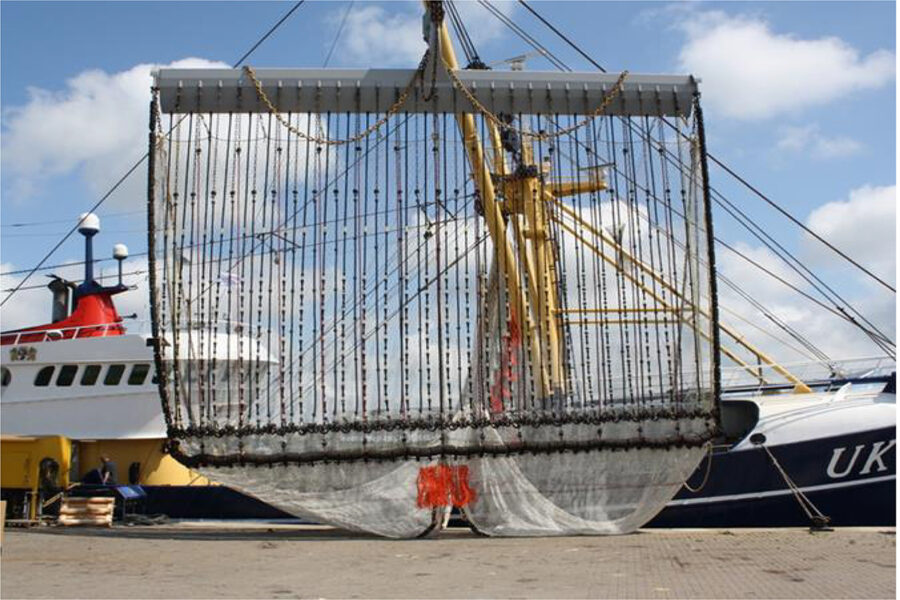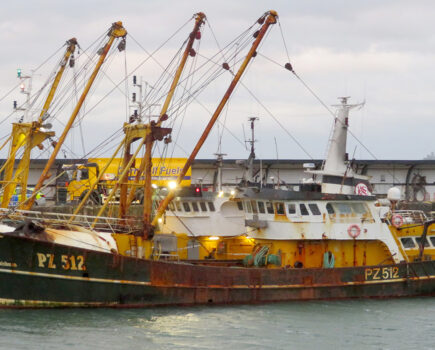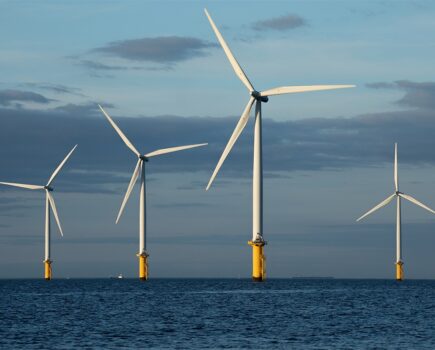But long battle ahead before final decision.
MEPs voted by a large majority last week for a ban on electric pulse fishing, reports Tim Oliver.
In a full plenary session of the European Parliament, an amendment MEPs had added to the technical measures regulations calling for a total ban on the use of electric current for fishing was passed by 402 votes to 232, with 40 abstentions.
The vote was widely welcomed by inshore fisheries and environmental groups who have been campaigning strongly for electric beaming to be banned in EU waters.
Low Impact Fishers of Europe (LIFE) congratulated MEPs for ‘standing up for common sense, inshore fishermen, fish stocks and the wider marine environment’. Executive director Jerry Percy reiterated ‘yet again’ that LIFE’s resistance to electric pulse fishing was not based on ‘fake news’, jealousy between fishermen or NGO dogma, as suggested by Dutch pulse beam group VisNed.
It was, rather, ‘a direct result of the numerous first-hand observations’ of other mainly inshore commercial fishermen from the UK, Belgium, France and even the Netherlands who had highlighted ‘the massive negative impact’ pulse beamers have had.
“As the representative body for small-scale fishermen across Europe, LIFE has a responsibility to accurately reflect their concerns and fight for their survival,” Jerry Percy told Fishing News.
“When these fishermen were reporting the dramatic loss of not just commercial fish stocks but also negative impacts on almost every other form of life on and in the seabed, we were duty-bound to take notice and support them in their cause.
“When it became increasingly clear to MEPs and many others that electric fishing had some serious and unacceptable downsides, then no amount of quasi-science and bluster was going to fool them for long.”
He said 100 large electric beamers ‘running rampant’ in the southern North Sea under the pretence of research were ‘never going to survive the glare of publicity for very long’.
When Dutch pulse interests talked about closed areas at an initial meeting, LIFE suggested that if the method was so harmless they should keep it confined to Dutch waters only until they could prove it so.
“Neither the Dutch nor their colleagues in the NFFO supported this suggestion, and at a subsequent meeting where LIFE was excluded, a deal of sorts was agreed,” said Jerry Percy.
“One UK fisherman participant described the meeting as nothing more than a PR job and likely to follow the same result as a similar meeting four years ago, when the Dutch identified some closed areas, and then completely ignored the agreement.
“There is an increasing recognition of the value of integrating first-hand observations by fishermen into the wider scientific evaluation of fisheries. This instance is a case in point, and it is particularly worrying that the NFFO will still not support local UK fishermen’s demands for a full ban on this method.”
He said fish should be a renewable resource, harvested sustainably for the benefit of fishermen, fishing communities and the wider public.
“LIFE’s purpose is to ensure that as many fishermen as possible can make a living, rather than a few make a fortune. Electric pulse fishing was the opposite of this aspiration, and we are immensely grateful to all of these who contributed to this overwhelming vote for common sense and a sustainable future.”
The NFFO said they had discussed pulse beaming at an executive committee meeting held in York on the day of the vote. Chief executive Barrie Deas told Fishing News: “I think it is true to say that there is no consensus within the NFFO on pulse fishing. Some would support an immediate EU ban, and would also want the UK to ban it in UK waters after Brexit.
“Others in our membership take the view that almost every new fishing method attracts criticism, and that we should not rush to judgement until something approaching definitive science is available.
“Both camps, however, support the idea of entering into the type of spatial separation agreement recently reached with the Dutch industry as a way of providing protection for the most sensitive areas in UK waters.”
While the vote was an important victory for the anti-pulse lobby, it is only one step in the tortuous process of EU co-decision-making. There will now be further discussions between the EU Parliament, Commission and the member states via the Council of Ministers before any final decision is taken.
Dutch: ‘Pitch black outcome’
Dutch interests voiced deep concern at the result of the vote. Durk van Tuinen of the Dutch Fishermen’s Association said it was ‘a terrible outcome’, and Pim Visser of VisNed said it had ‘enormous consequences for many family businesses in the fisheries sector’. He added: “During the past weeks, we received an increasing number of signals that the vote would shift in this direction, but we did not expect a total ban.”
Durk Van Tuinen said: “It is now up to the European Commission, the European Council and the European Parliament, in a so-called trilogue, to straighten out this mistake. If the outcome of the vote in the European Parliament is adopted during the trilogue, the fisheries organisations see no future for this way of fishing.”
VisNed and the Dutch Fishermen’s Organisation said they had been ‘working hard’ to reach solutions with opponents of pulse fishing. But ‘unjustified claims coming from France about fraud and deceit, have won over objective scientific research’.
They said scientific research into pulse fishing had shown promising results on the reduction of unwanted by-catch, fuel consumption and reduced impact of the seabed. But ‘science has lost to emotion’ and the vote was ‘completely incomprehensible’ in view of all the scientific evidence pointing in the other direction.
The vote had been influenced by ‘fake news’ from extremist French groups, such as ‘the Dutch contribute to overfishing’ and ‘pulse fishermen electrocute the fish’. “Such claims are complete nonsense. We have done our utmost to provide the European parliamentarians with information about the scientific evidence,” said Durk Van Tuinen and Pim Visser.
They said the consequences of the vote would be bad for the Dutch fisheries sector in general. Pulse fishermen had invested heavily in pulse gear, and switching back to the old gear would be ‘a financial noose’ for many fisheries companies, especially because pulse gear halved fuel consumption.
“The fishermen and their families now have to face the bill,” said Durk Van Tuinen. He said the European Commission backed pulse gear and would aim for the continuation of the scientific research on pulse fishing during the trilogue discussion ahead. “Emotions shouldn’t win over scientific results in a case like this,” said Pim Visser.
Read more news from Fishing News here.








